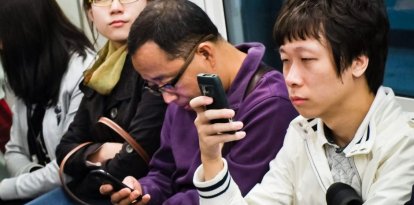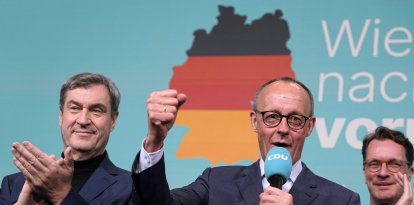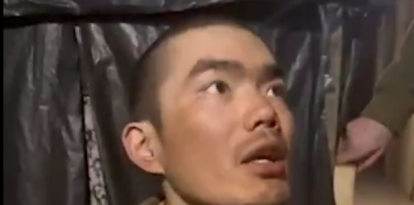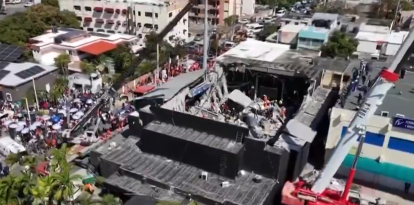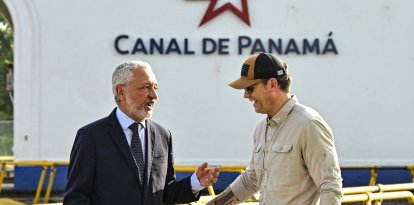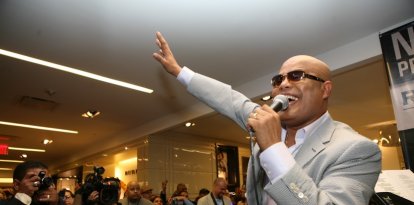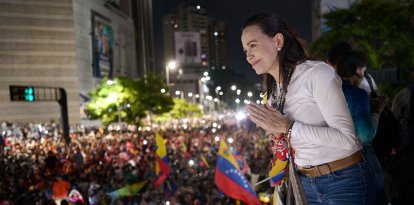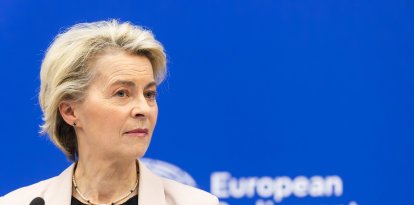María Corina Machado is favored to lead the Venezuelan opposition
Venezuelans will choose a new opposition leader who will chart the route to freedom.

Jonathan Alvarez C-Wikimedia)
The Venezuelan opposition renews its leadership this Sunday. It does so in a primary election organized by society that aims to challenge the dictatorship of Nicolás Maduro, who will have no participation in this autonomous process. In total, at least 3,088 centers were enabled for Venezuelans to vote, and they can also go to the polls in 30 countries.
The election is considered by many as a challenge to the socialist dictatorship, and for others, it means the last opportunity to remove Maduro from power. In addition, it is the option the international community and democratic countries have to help end one of the most critical humanitarian crises in the world that is also affecting other nations.
Therefore, the West must accompany Venezuelans in this election. This is explained by Miguel Martínez Meucci, a political analyst and professor in conflict and pacification processes.
"The political regime that prevails today in the West is representative liberal democracy. That is why those countries in our hemisphere that do not have democratic regimes not only contravene the majority wish of their population, but also represent a regional and international problem. This Sunday's primaries are important because they are the expression of a citizenry that is fighting to recover its democracy. Furthermore, it does it in the most legitimate way possible. Whoever wants democracy in Venezuela cannot help but support this primary election," Martínez Meucci said during a conversation with Voz Media.
"Since 2012, there would not have been such clear leadership in the opposition"
Martínez Meucci asserted that the primaries can contribute to defining more transparent leadership in the Venezuelan opposition, where, for multiple reasons, the current political leadership has been losing popular support. And it is clear: if María Corina Machado – the favorite in the polls and the only right-wing leader – is elected, the possibility of a clearer and more defined line of action opens up. "Since 2012, there would not have been such a clear leadership in the opposition, which significantly increases its chances in an electoral contest against Nicolás Maduro who fails to rise in the polls. On the other hand, it would be up to Machado to draw a political route within which all Venezuelans have a place," the analyst explained.
2030, too far for many people
Regarding the possibility that Nicolás Maduro does not recognize the results of this election or decides to advance his position by illegally keeping María Corina Machado disqualified from running in elections, Martínez Meucci explained that Maduro will continue to be isolated internationally and there will be a setback in his latest agreements with countries like the United States.
"It is most likely that he will continue to be subjected to the current international isolation, but increasing the political cost that already weighs on Maduro and company. His popular rejection in a country subjected to a complex humanitarian crisis would continue to increase, with which the potential for protests could increase. That is not a comfortable scenario for anyone, but it cannot be ruled out in advance. On the other hand, the possibility that the massive flow of Venezuelans to other countries could also increase since the prospects for a relatively orderly political change would move until 2030: too far for many people and with the possibility of making Venezuela's collapse chronic and virtually irreversible for several decades," indicated Martínez Meucci.
Meanwhile, political scientist Pedro Urruchurtu, international relations coordinator for María Corina Machado's campaign, highlighted that the primaries are an excellent opportunity to renew an increasingly unpopular political leadership.
"It is the opportunity to elect and renew a leadership that is practically eight years old without being reconsidered from the point of view of citizen participation. Here, the last space that allowed the leadership election that we had was in 2015. In that sense I believe that the primary school plays a fundamental role because it stimulates this dynamic and allows it," said Urruchurtu.
It is a regime that has closed the electoral route
The political scientist pointed out that one of the great achievements of the opposition with this electoral process is that it was organized by civil society without the interference of the Nicolás Maduro regime.
"It is an achievement that the primary took place in a self-managed and organized manner by civil society and without interference from the regime. This is a regime that clearly has closed the electoral process because its nature does not allow us to have elections and that has done everything to undermine any possibility of a free and transparent electoral process in recent years. Therefore, it did not make sense that an opposition process that was going to allow people to choose new leadership and a vision of some route towards where political leadership should go would have interference from the dictatorship," he said.
"This goes far beyond presidential elections"
Finally, Urruchurtu pointed out that this electoral process goes beyond the 2024 elections. He explains that its purpose is to elect a leader who will chart the route to freedom in Venezuela.
"This goes far beyond the candidacy issue because a candidate is not necessarily a leader, but a leader in a given circumstance can become a candidate if the context is right. If the context is not given or is not favorable, then you have that leadership to articulate and align interests based on the scenarios and possibilities that arise if the electoral process is closed," Urruchurtu pointed out.
RECOMMENDATION
